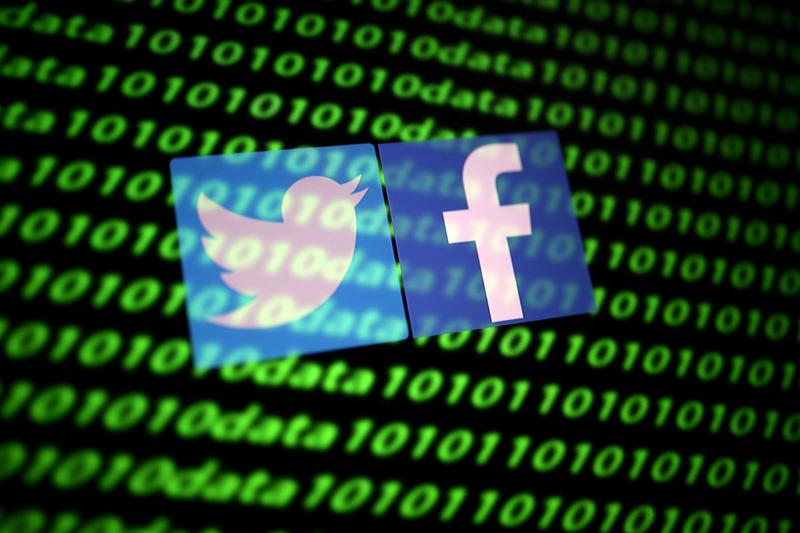MEXICO CITY (Reuters) – A Latin American social media industry group that includes Facebook Inc and Twitter Inc said a reform in Mexico is a “definite violation” of an international trade pact, in swift backlash to a draft bill that seeks to regulate social media platforms.
The proposed amendment to the federal telecommunications law would breach the United States-Mexico-Canada Agreement (USMCA) and create unjustified trade barriers, the regional manager of the Latin American Internet Association (ALAI) said on Tuesday.
The reform, drafted by Senate majority leader Ricardo Monreal of President Andres Manuel Lopez Obrador’s National Regeneration Movement (MORENA) party, comes amid growing calls for regulation of social media companies from some governments around the world after the platforms censored or banned former U.S. President Donald Trump due to concerns he could fan violent unrest following the storming of the U.S. Capitol in January.
The legislation would require social media networks, including Facebook and Twitter, to “request authorization” from the IFT, Mexico’s telecoms regulator, in order to continue operating in the country.
That creates discriminatory treatment of social media companies under Chapter 19 of USMCA, which specifies regulations for digital trade, because the United States and Canada are not requiring the same authorization, Sissi de la Peña, a regional director for ALAI, said in an interview.
The reform is “violating the free and open nature of the internet,” De la Peña said.
“No one can really have a regulation or a preponderant voice over other actors in terms of internet governance,” she said. “We have to consider the implications of this.”
In the draft bill, Monreal said the reform would not violate USMCA because it is intended to regulate the actions of the social media platforms “with regard to content related to freedom of expression, which does not mean invading the sphere of free trade.”
The legislation, which has not been officially proposed, would also grant the IFT oversight in establishing a framework for the suspension and elimination of accounts on social networks in a bid to protect “freedom of expression.”
ALAI expressed its concerns to Monreal and encouraged open debate with all parties involved, including the private sector, De la Peña said.
Monreal did not immediately reply to a request for comment. Representatives for Facebook and Twitter declined to comment on the legislation.
Lopez Obrador was among leaders who spoke out against platforms that suspended Trump’s accounts, saying the Statue of Liberty was “green with anger” and vowing to bring the issue of free speech restriction on social media to the G20.
Source: Read Full Article
